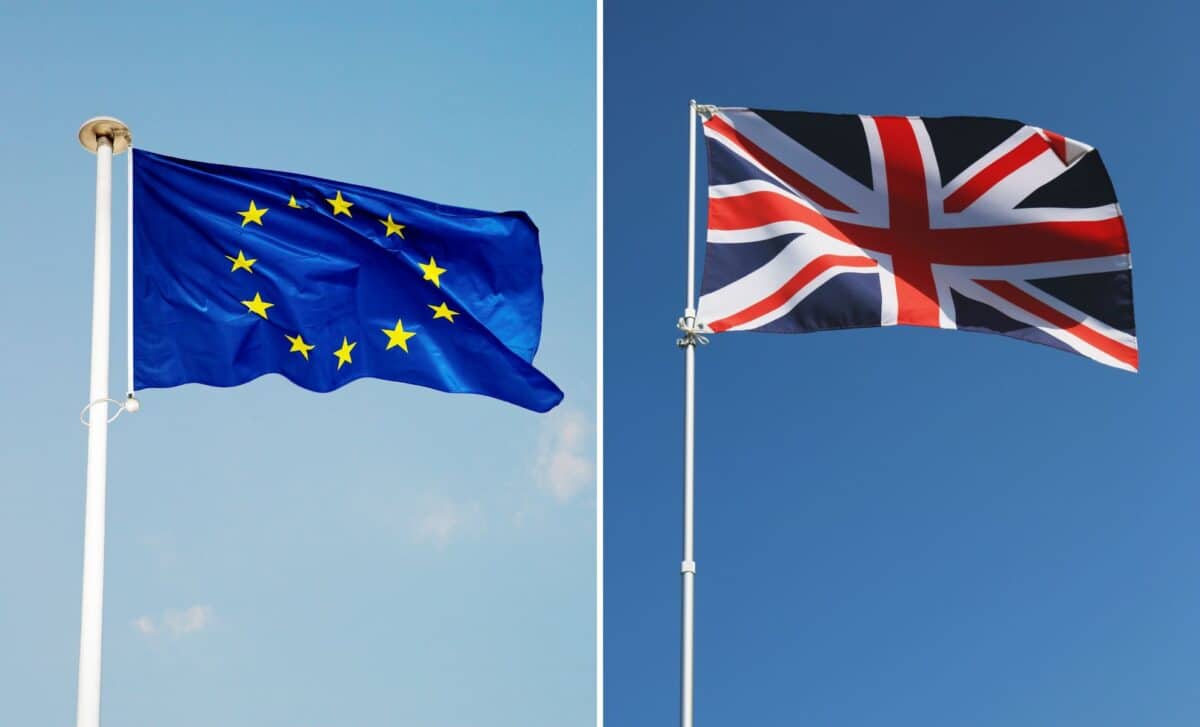The European Union (EU) has recently issued a preparedness strategy, urging its citizens to stockpile emergency supplies in response to increasing global and regional threats.
The call for self-sufficiency during times of crisis highlights concerns over natural disasters, pandemics, and even the possibility of military aggression.
This strategy aims to ensure that individuals are ready for any large-scale crisis, including unforeseen emergencies, with 72 hours of essential supplies on hand.
While this policy is primarily directed at EU member states, its implications extend beyond the continent. With rising geopolitical tensions, the UK may find itself indirectly affected by such measures.
This heightened emphasis on preparedness may influence British emergency strategies, especially as security concerns and environmental risks increasingly become a cross-border issue.
Strengthening Preparedness
As Europe faces a variety of threats—ranging from environmental disasters to security risks—preparedness is becoming a key focus. The EU’s strategy for emergency management underscores the need for citizens to develop plans that ensure their safety and well-being during a crisis.
In a recent public statement, Hadja Lahbib, the European Commissioner for Preparedness and Crisis Management, stressed that a 72-hour supply of food, water, and essential goods is a minimum requirement.
The EU has even suggested a specific set of items that should be stored in an emergency kit, such as canned food, bottled water, medications, and ID documents, stored securely in waterproof cases.
The EU’s preparedness push is in part a response to concerns raised by former Finnish president Sauli Niinistö, who pointed out the lack of a clear contingency plan for military aggression against EU member states.
For the UK, this signals a broader European conversation on emergency planning that could eventually influence its own approach to preparedness. Although the UK is no longer part of the EU, the interconnected nature of European security means British citizens and authorities are unlikely to remain unaffected by shifts in EU policies.
Shifting Defence Strategies in a Changing Europe
Denmark recently proposed conscripting women into military service for the first time, and the Danish Prime Minister, Mette Frederiksen, stressed that the goal of rearming is not to incite conflict but to avoid it.
These developments resonate in the UK as well, where there are growing calls for stronger defence policies to secure the nation’s position within Europe’s shifting security landscape.
Although the UK is not directly involved in the EU’s preparedness strategy, the country’s relationship with Europe remains crucial in terms of defence and emergency planning.
With EU members taking proactive measures against potential crises, the UK could face increasing pressure to adapt its own preparedness strategies, especially with regard to cross-border threats like pandemics or military aggression.
Moreover, the emphasis on self-sufficiency during a crisis could spark similar discussions within the UK about how best to ensure resilience in times of emergency.









